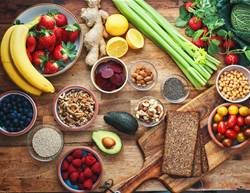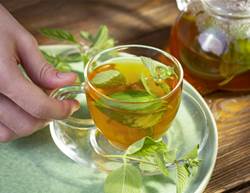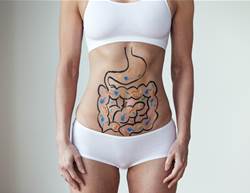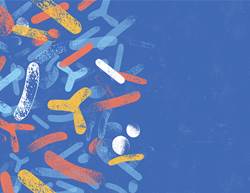It’s day seven of your bad cold and after a week of coughing, aching, and nose blowing, you’ve hit the wall. You speed dial your GP for an appointment to ask for antibiotics.
But wait, not so fast. Though antibiotics can be life-saving for some conditions, they’re not very effective against the viruses that cause colds and flu. What’s more, antibiotics can lead to a loss of healthy gut bacteria. “Most of the antibiotics used today are broad-spectrum, so they kill the good bacteria along with the bad,” says Dr Alena Pribyl, scientist and researcher in the gut microbiome.
“Research shows that a short five to 10-day course of antibiotics can reduce your good bacteria for several months.” Six months after taking antibiotics, some people still lack nine common beneficial bacterial species, shows research from the University of Copenhagen. “Four years later, research shows that several kinds of good bacteria may still not have returned,” Dr Pribyl explains.
“When you knock out good bacteria with antibiotics, less healthy bacteria then have more space and more favourable conditions to multiply and grow.” To get back on track, many people take probiotics supplements. Yet belly balance is not one size fits all – so the same probiotic mix that may restore bacteria balance in your girlfriend might upset your microbiome.
“Diet changes are a far better approach,” Dr Pribyl says. Enter Pribyliotics – the fibre-rich foods that boost good belly bacteria. “Foods like whole grains, legumes and fresh fruit and vegetables all contain healthy fibre that acts as food for the healthy bacteria in your gut, helping them flourish and thrive,” says dietitian Brooke Delfino.
In the next decade, experts predict that microbiome testing will be used regularly to help people identify which bacteria they need to boost. “Then you can be guided to eat foods with fibre
that boost the specific bacteria you are lacking,” Dr Pribyl says.










